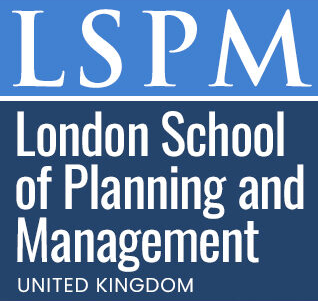Advanced Certificate in Technology Enhanced Learning
Published on June 28, 2025
About this Podcast
HOST: Welcome to our podcast, today I'm thrilled to be talking with an expert in the field of Technology Enhanced Learning. Can you tell us a bit about your experience and what drew you to this area? GUEST: Absolutely, I've been an educator for over 15 years and have always been fascinated by how technology can enhance learning outcomes. The opportunity to help design the 'Advanced Certificate in Technology Enhanced Learning' was a natural fit for me. HOST: That's fantastic. Now, this course is described as empowering educators and trainers to leverage technology for impactful instruction. Could you share some innovative pedagogical approaches that are explored in this advanced certificate? GUEST: Certainly! One approach is flipped classroom teaching, where students engage with course content online before class, then use class time for discussions and problem-solving activities. We also delve into personalized learning, which tailors educational experiences to meet individual student needs. HOST: Interesting, I've heard about those methods but never explored them in-depth. Now, the course covers cutting-edge technologies - could you give us a sneak peek into what those might be? GUEST: Of course. We discuss augmented reality (AR) and virtual reality (VR) as tools to create immersive learning experiences, as well as artificial intelligence (AI) for adaptive learning paths and automated assessments. HOST: Those sound like exciting tools to work with! But I imagine there must be challenges when integrating technology into education. What are some obstacles you've faced or seen others face in this field? GUEST: Yes, there can be barriers such as lack of access to technology, insufficient training for educators, and resistance to change. However, addressing these challenges is crucial to ensure that all learners benefit from Technology Enhanced Learning. HOST: Indeed, it's important to consider equity and accessibility. Speaking of which, the course also focuses on e-learning design and accessibility - how does that factor into the overall learning experience? GUEST: Accessibility is vital for inclusive education. In our course, we cover creating content that's accessible to all learners, including those with disabilities, using techniques like closed captions, alternative text for images, and clear language. HOST: That's great to hear. Lastly, where do you see Technology Enhanced Learning heading in the future? What trends or developments should we be aware of? GUEST: I believe we'll see increased use of AI for personalized and adaptive learning experiences, more immersive AR and VR applications, and a growing emphasis on data-driven instruction to improve learning outcomes. HOST: Fascinating insights, thank you so much for joining us today and sharing your expertise on the 'Advanced Certificate in Technology Enhanced Learning'. It's clear that this course will empower educators and trainers to make a real impact on learning outcomes. GUEST: My pleasure, thank you for having me!
